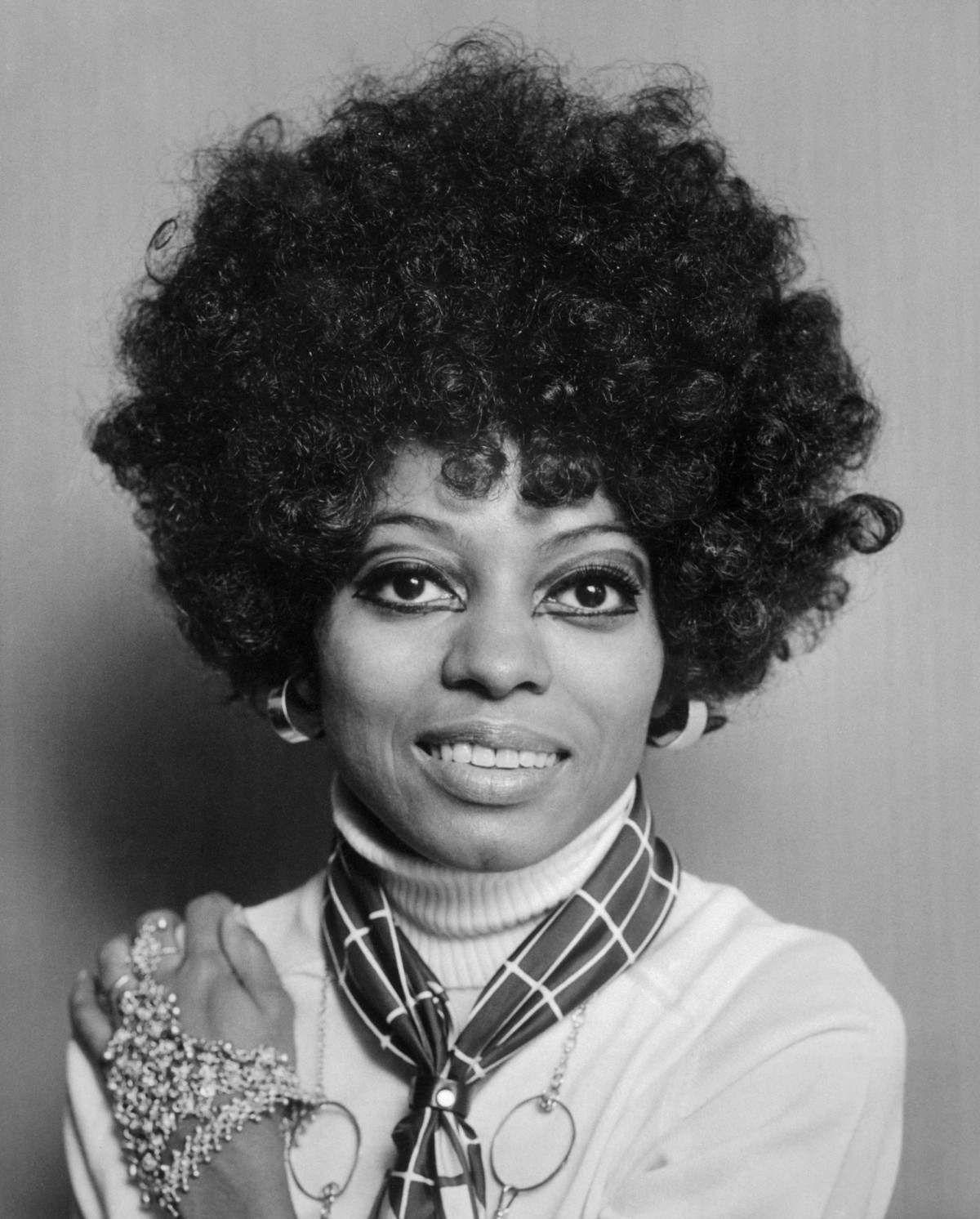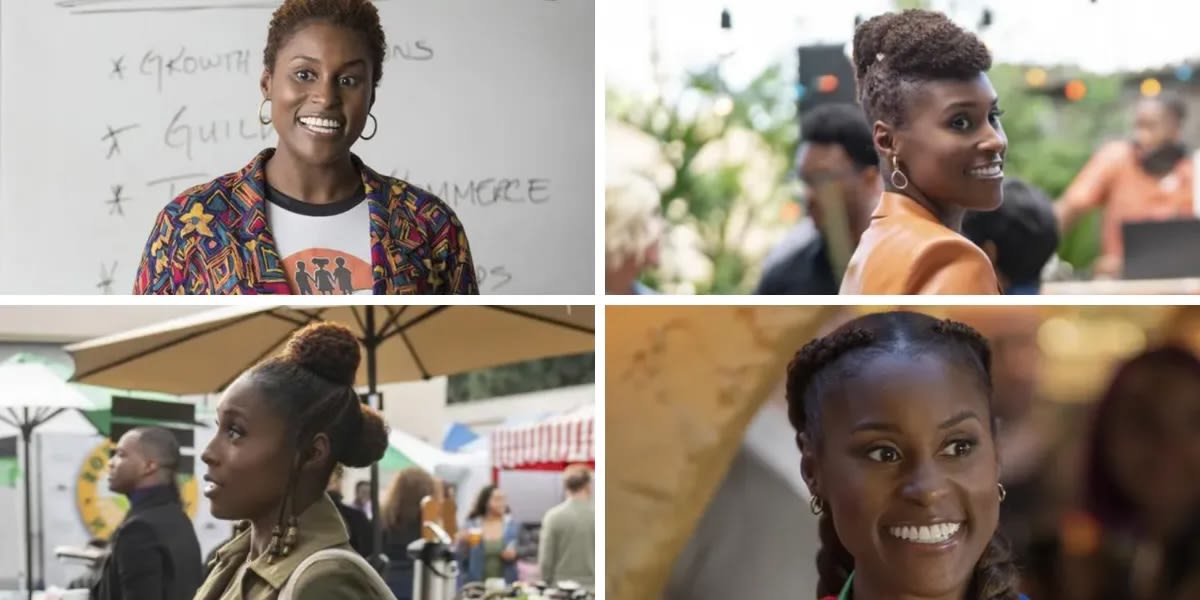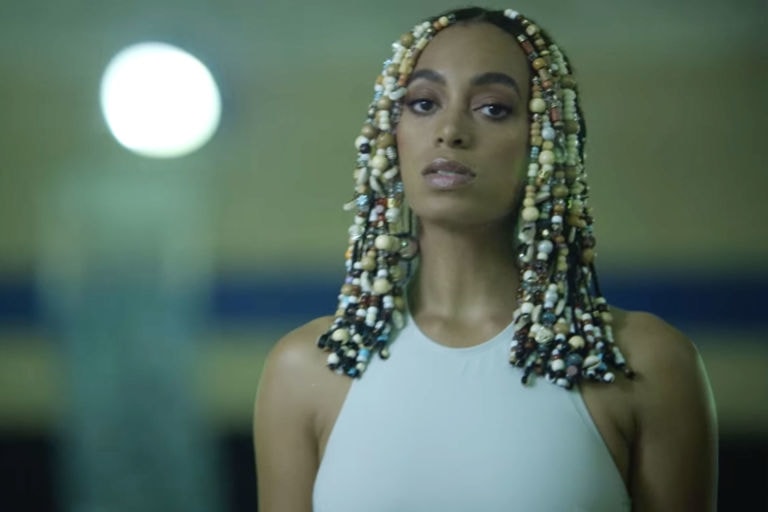The Evolution of Natural Hair in Pop Culture
The Evolution of Natural Hair in Pop Culture
Natural hair has always been a crown of pride, intricately woven with stories of resilience, beauty, and cultural identity. However, the journey to its acceptance and celebration in pop culture has been as tangled as a head full of kinks and coils. Today, let's untangle this narrative, highlighting the vibrant evolution of natural hair in pop culture, and how it's embraced today in corporate America, fashion runways, and beyond.
Rewind a few decades, and the representation of natural hair was as scarce as finding a four-leaf clover in a field of grass. The '70s did give us icons like Pam Grier and Diana Ross, whose glorious afros symbolized power and rebellion. Yet, as the decades turned, the mainstream media's love affair with straight, Eurocentric hairstyles left little room for natural textures to flourish.

Fast forward to the late 2000s, a pivotal moment in pop culture known as the "Natural Hair Movement" began to root itself deeply. Social media platforms became stages for Black women to showcase their natural hair journeys, sharing tips, styles, and affirmations. This digital sisterhood provided not only visibility but also a collective voice against societal norms that deemed straight hair as the only standard of beauty.
Enter the era of "Hair Love”," "Nappily Ever After," and "Insecure,". These aren't just titles; they're milestones in the representation of natural hair. "Hair Love," an animated short film that snagged an Oscar, celebrates the beauty of a father learning to style his daughter's natural curls. "Nappily Ever After" delves into the journey of self-love and liberation through the lens of hair. Meanwhile, "Insecure" showcases a diverse array of hairstyles, from twist-outs to Bantu knots, reflecting the real-world versatility of natural hair.
Felicia Leatherwood's work on "Insecure" stands as a testament to the power of representation. As the hairstylist behind the show's iconic looks, Leatherwood found herself inundated with messages from viewers who tuned in as much for the hair inspiration as for the plot.

Celebrities played a crucial role in this cultural shift. Stars like Solange Knowles, Lupita Nyong'o, and Viola Davis started wearing their natural hair proudly on red carpets and magazine covers, challenging the status quo. Solange's album "A Seat at the Table" became an anthem for Black identity and self-acceptance, with tracks like "Don't Touch My Hair" echoing the sentiments of many Black women.

But the impact of this cultural shift extends beyond the screens and pages. It's strutting down runways, sitting in boardrooms, and influencing policies. Corporate America is slowly but surely catching up, with companies revising dress codes to be more inclusive of natural hairstyles. In a landmark move, the CROWN Act (Creating a Respectful and Open World for Natural Hair) has been passed in several states, making it illegal to discriminate against someone for their hairstyle or texture.
The digital age has further amplified this celebration, with social media platforms catapulting natural hair influencers to stardom. Jasmine Brown and Whitney White, among others, have utilized YouTube to share their hair journeys, tips, and styles, inspiring a legion of followers to embrace their natural textures. Stories, like that of Kheris Rogers, who went viral for a photo celebrating her complexion and curls amidst bullying, she turned her moment into a movement with Flexin’ In My Complexion, advocating for self-love and diversity.
The evolution of natural hair in pop culture is more than just a shift in beauty standards; it's a testament to the power of resilience, community, and self-love. It's about reclaiming our narratives and celebrating our unique identities without apology. Today, natural hair is not just accepted; it's admired, emulated, and, most importantly, respected.
As we continue to witness this beautiful transformation, it's essential to remember that the journey is ongoing. The full acceptance of natural hair, in all its forms, within every facet of society, remains a work in progress. Yet, the strides made thus far offer hope and a blueprint for future generations to embrace their natural beauty.
In the end, natural hair in pop culture symbolizes much more than a trend. It's a movement grounded in empowerment, a celebration of our roots, and a bold declaration that we are here, we are beautiful, and we will not be brushed aside. As we wear our crowns of curls, coils, kinks, and waves, let's continue to inspire, uplift, and support one another, paving the way for an even more inclusive and diverse representation of beauty in all its forms.
